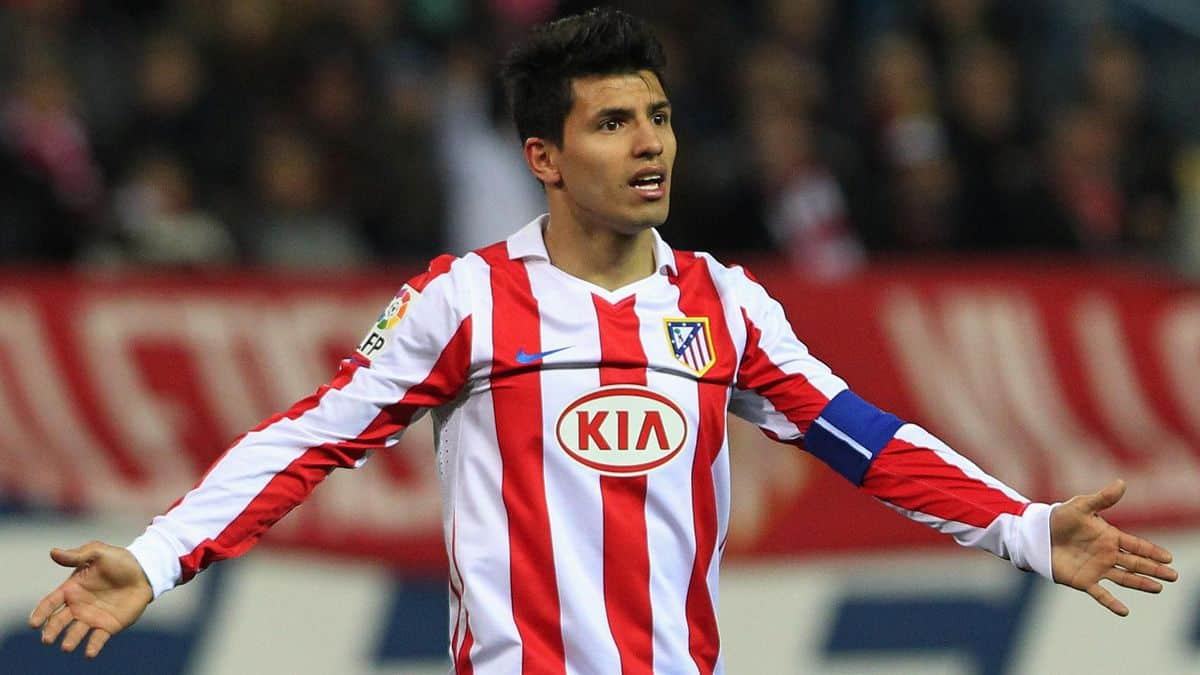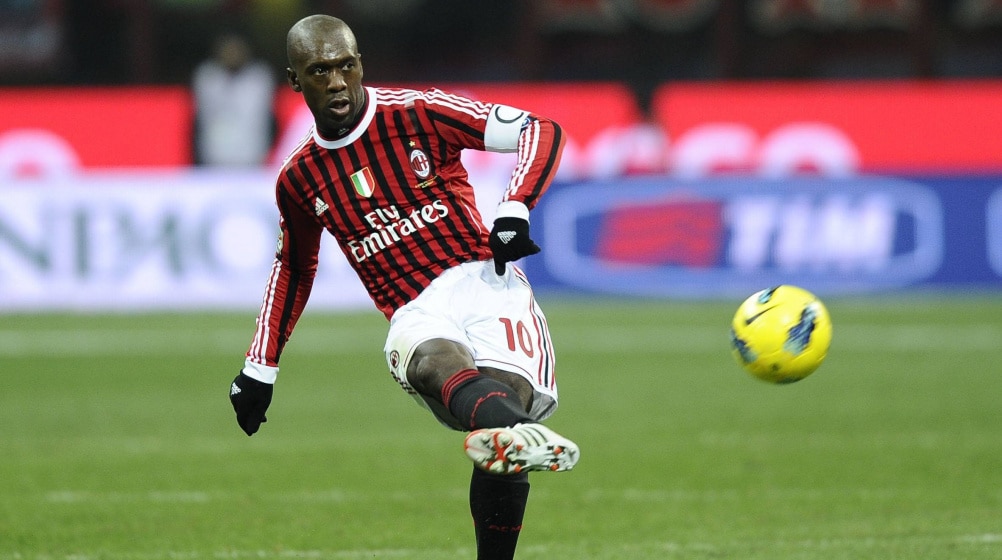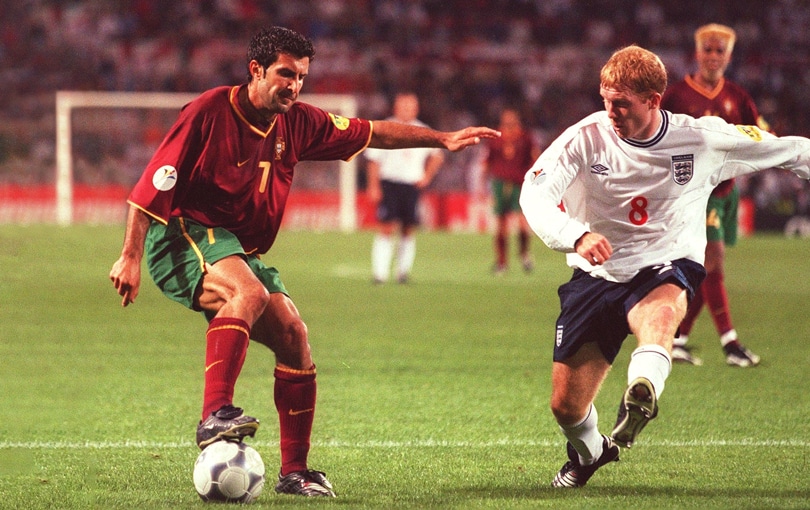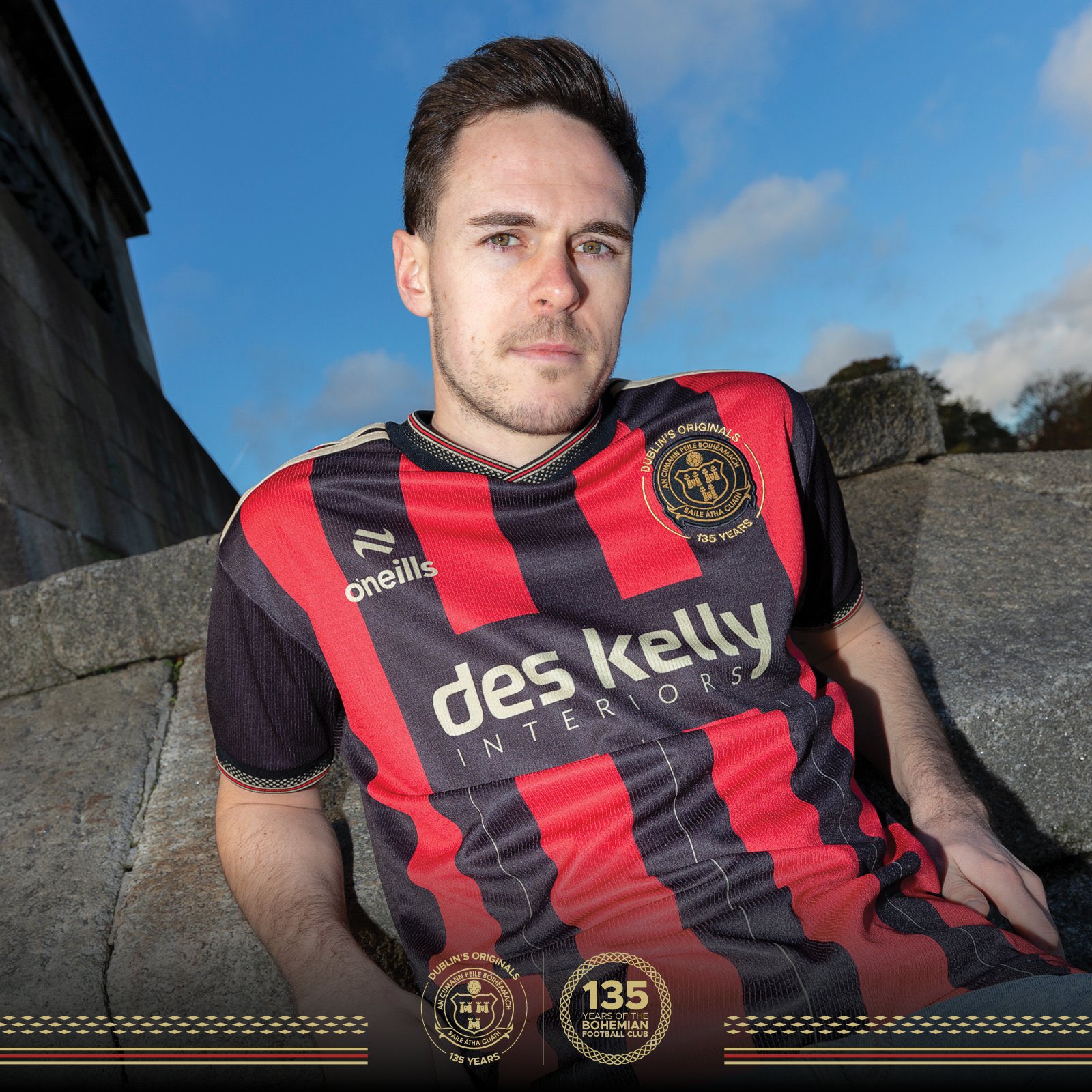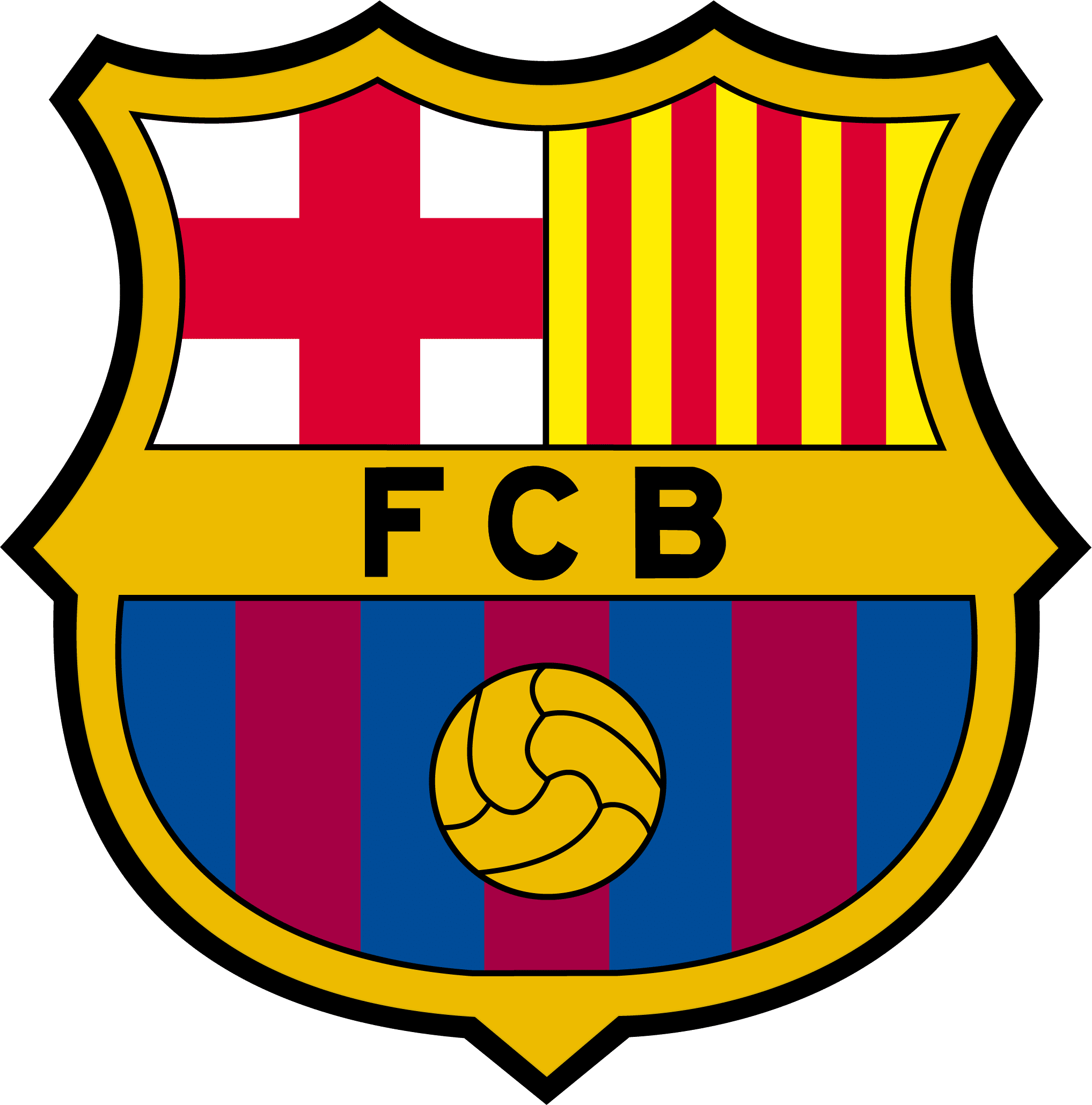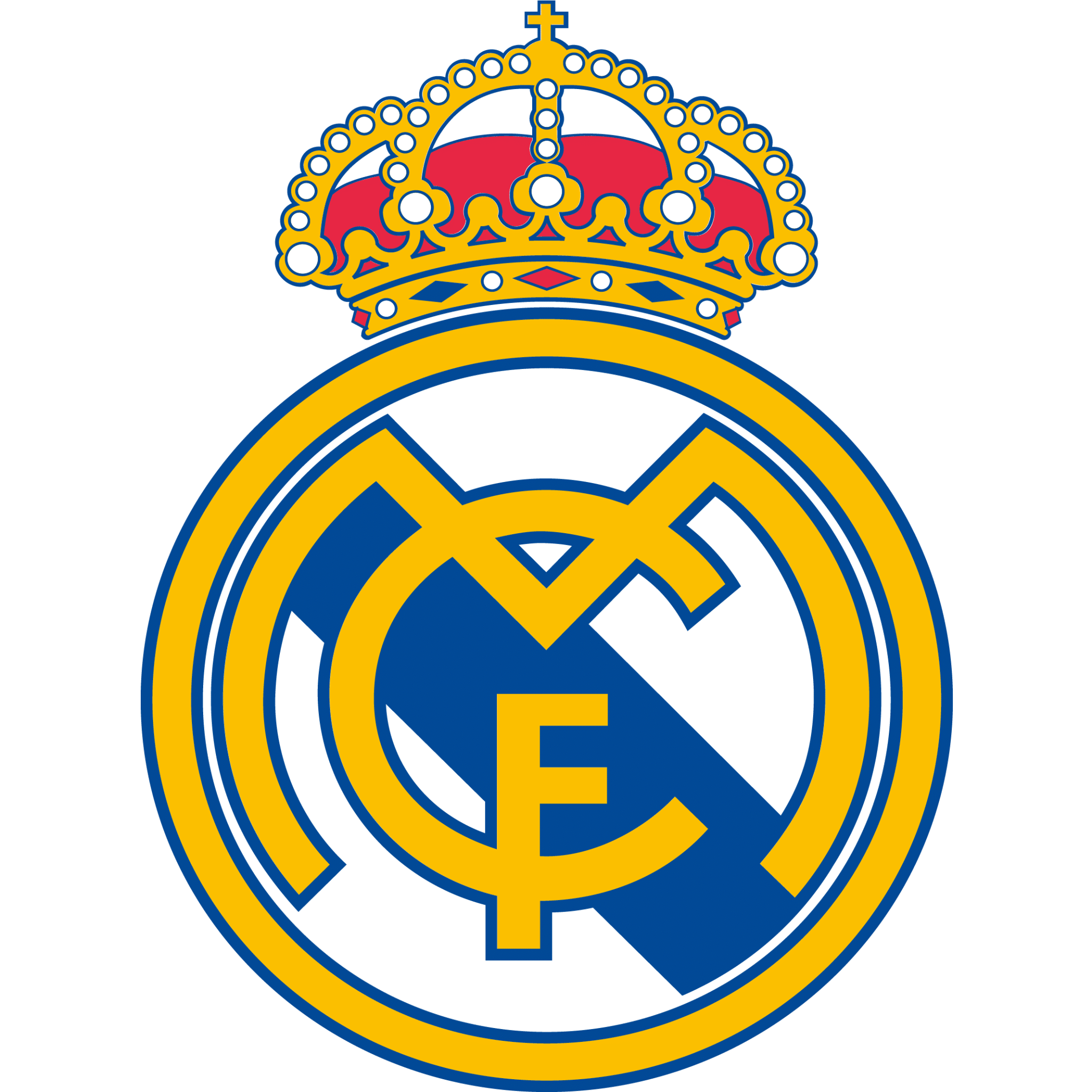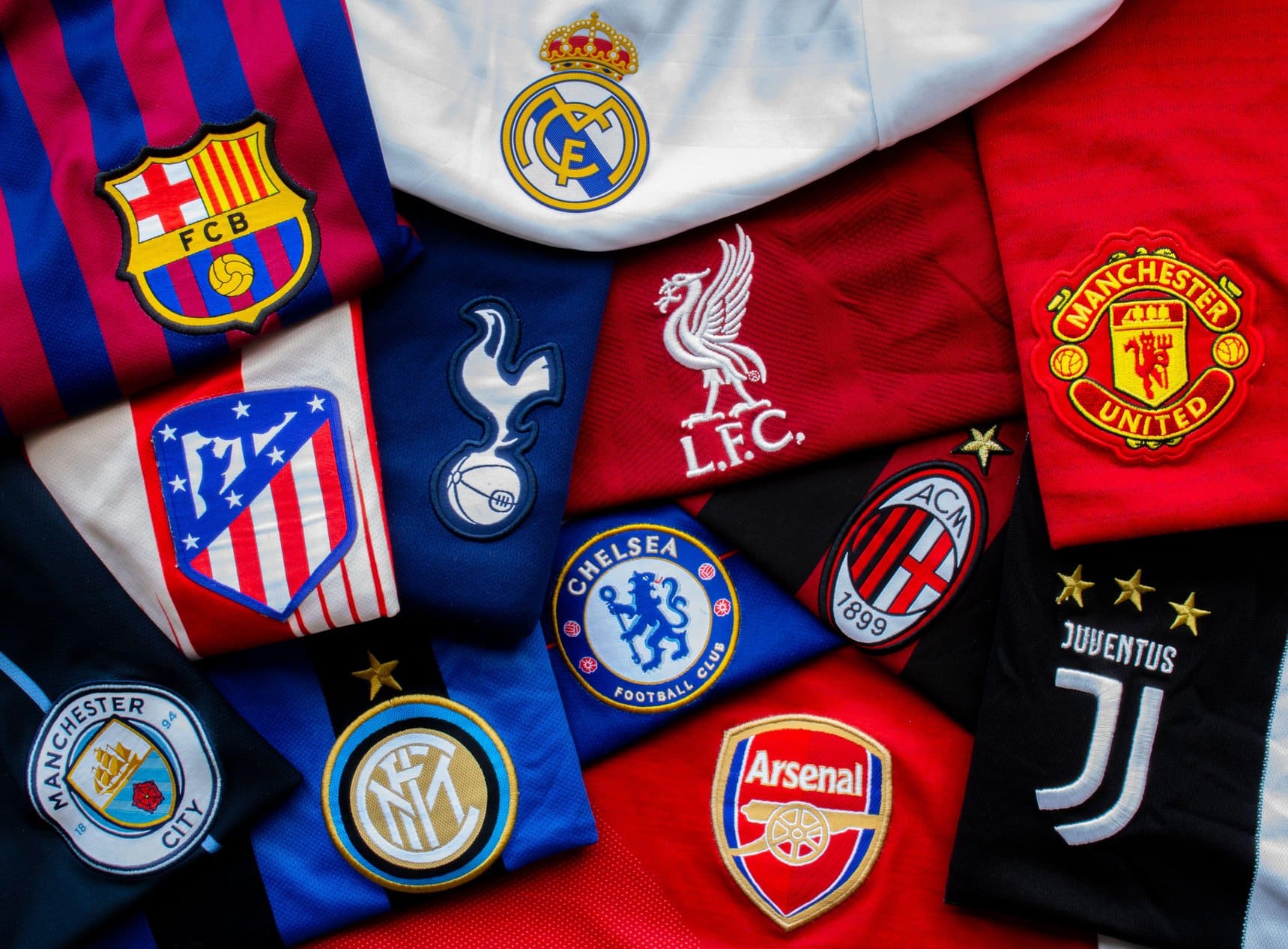Zinedine Zidane is widely regarded as one of the greatest footballers of all time, a player whose skill, vision, and elegance on the ball captivated fans around the world. From his early days in the gritty streets of Marseille to lifting the 1998 FIFA World Cup with France, Zidane’s career is a testament to the power of talent, determination, and passion. As both a player, Zidane has left a huge mark on the sport, becoming a symbol of excellence, controversy and an iconic figure in football history. In this article, we will look back at the legendary career of the Frenchman.
Cannes: 1989-1992
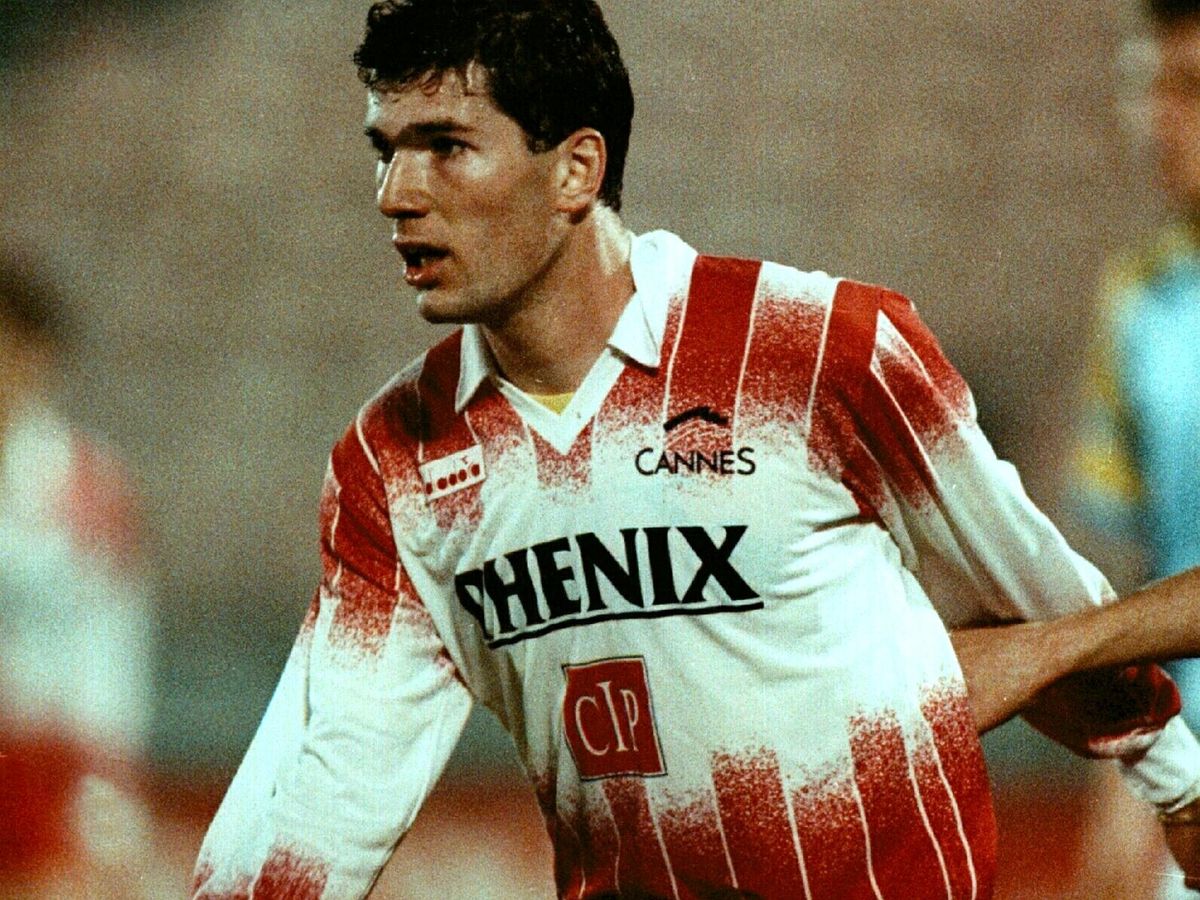
Zinedine Zidane’s time at Cannes, which began as a six-week trial, turned into a formative four-year stint that laid the foundation for his illustrious career. Initially living in a dormitory with other young youth players, Zidane was invited to stay with the family of Cannes Director Jean-Claude Elineau, where he found stability and a sense of balance. It was at Cannes where his raw talent and fiery temperament were first noticed. Zidane’s early years were marked by incidents of anger, often triggered by insults related to his Algerian heritage, a reflection of the internal struggle he faced as a product of both French and North African cultures. His first coach, Jean Varraud, helped him focus this intensity, urging him to channel his emotions into his game. Zidane’s professional debut came in 1989, and by 1991, he had scored his first goal, signaling the arrival of a future superstar. His time at Cannes also helped propel the club to its first-ever European berth in 1991, an achievement that remains one of the club’s greatest.
Bordeaux: 1992-1996
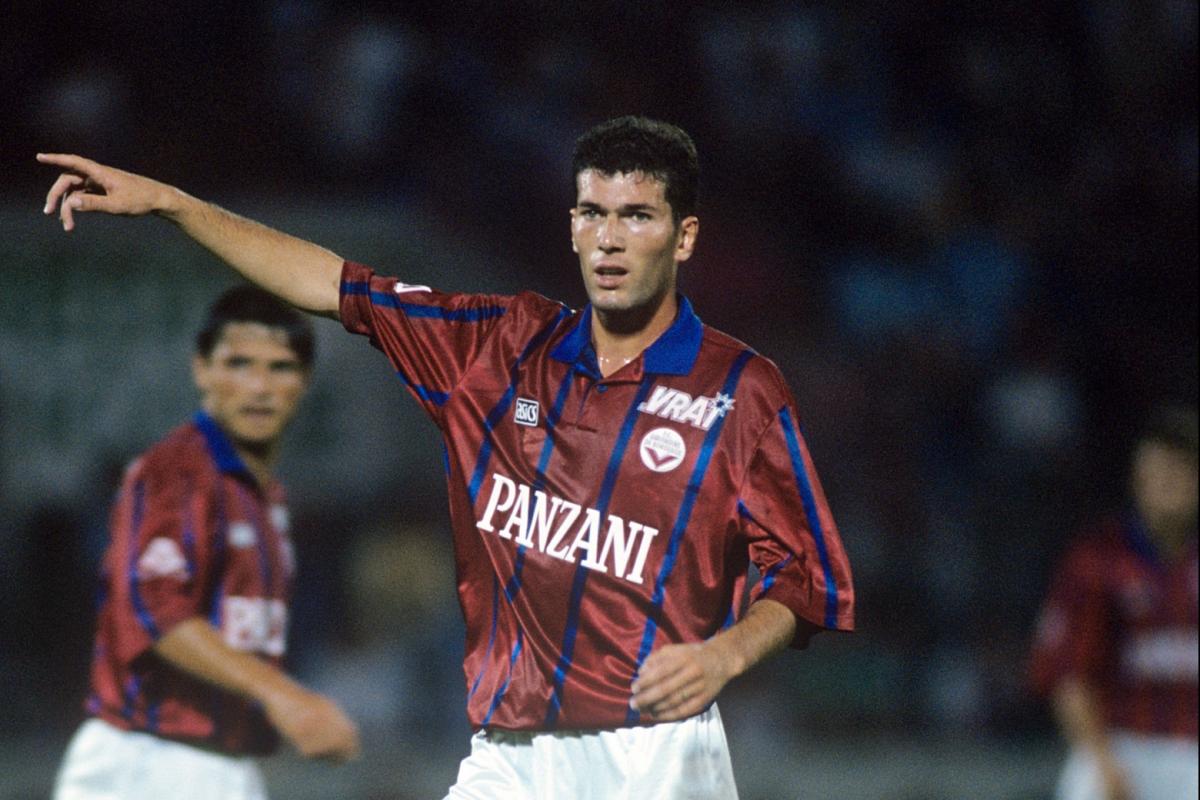
Zinedine Zidane joined Girondins de Bordeaux in the 1992–93 season, marking a pivotal step in his footballing career. Over four years at the club, Zidane showcased his playmaking brilliance, forming a formidable midfield trio with Bixente Lizarazu and Christophe Dugarry—partnerships that later defined the 1998 French national team. He achieved his first European triumph in 1995, winning the Intertoto Cup by defeating Karlsruher SC, and came close to another continental trophy as Bordeaux finished runners-up to Bayern Munich in the 1995–96 UEFA Cup. Despite his rising prominence, Zidane faced rejection from English clubs. Both Blackburn Rovers and Newcastle United declined to sign him, with one famously questioning his potential. Undeterred, Zidane earned the Ligue 1 Player of the Year award in 1996, cementing his status as one of the league’s finest talents.
Juventus: 1996-2001
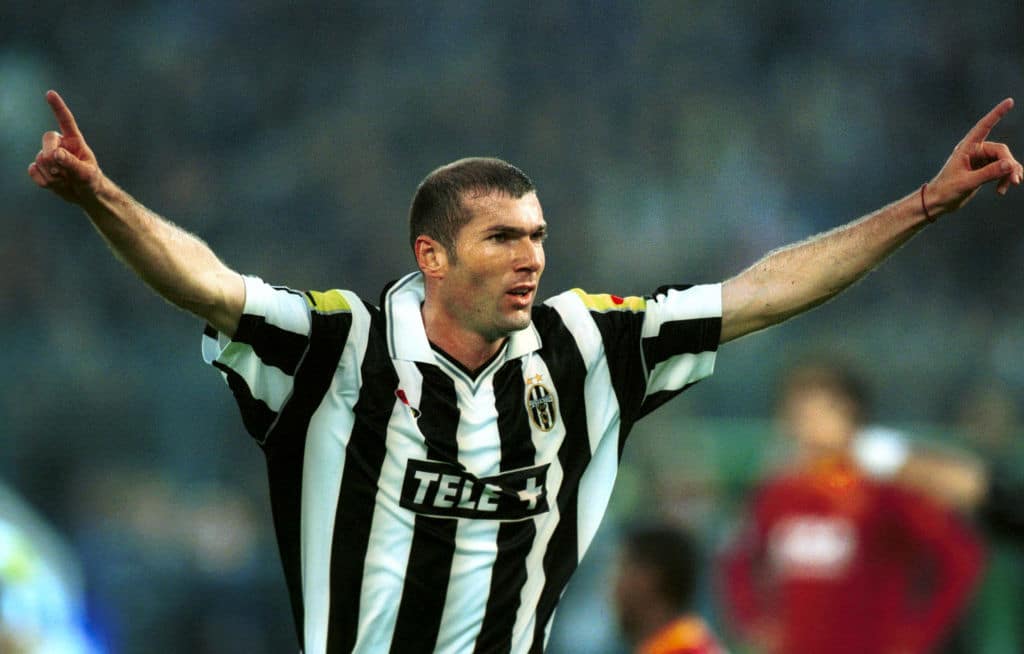
It was Italian giants Juventus who came calling for Zidane in 1996, marking the beginning of a remarkable chapter in his career. Joining as a rising star from Ligue 1, Zidane made an immediate impact, helping the club win the Serie A title and the Intercontinental Cup in his debut season. His skill and vision earned him the 1996–97 Serie A Foreign Footballer of the Year award. Zidane became the creative linchpin of Juventus, playing behind Alessandro Del Piero, who praised his selfless brilliance and team-first mentality.
Despite his domestic success, Zidane faced heartbreak in Europe. Juventus reached the 1997 UEFA Champions League Final but lost 3–1 to Borussia Dortmund, with Zidane struggling against tight marking. The following season, Zidane contributed seven goals in Serie A as Juventus retained the Scudetto. However, European glory eluded them again in the 1998 Champions League Final, falling 1–0 to Real Madrid.
Zidane’s performances earned him the 1998 FIFA World Player of the Year and Ballon d’Or awards. However, his time in Turin also saw setbacks, including a 2000–01 Champions League group-stage exit after a suspension for headbutting. Zidane departed Juventus in 2001, having cemented his legacy as one of football’s greatest playmakers and twice named Serie A Foreign Footballer of the Year.
Real Madrid: 2001-2006
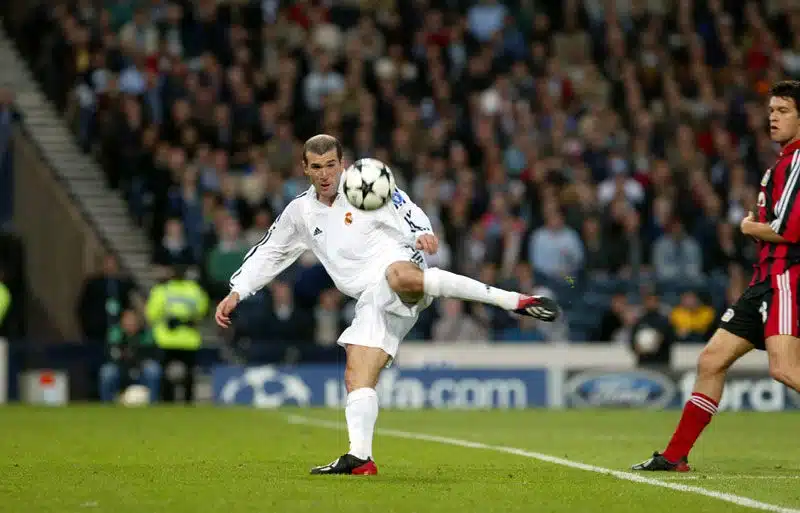
Zinedine Zidane joined Real Madrid in 2001 for a then-world record fee, becoming a centerpiece of the Galácticos era. In his first season, Zidane delivered one of football’s most iconic moments: a breathtaking left-footed volley in the 2002 UEFA Champions League Final, securing a 2–1 victory over Bayer Leverkusen. This goal, often cited among the greatest in Champions League history, epitomised Zidane’s grace and mastery on the pitch.
The following season, Zidane played a crucial role in Real Madrid’s 2002–03 La Liga triumph, forming a formidable midfield alongside Luís Figo. His performances earned him the FIFA World Player of the Year award for the third time, solidifying his place among football’s all-time greats. In 2004, fans honored Zidane as UEFA’s best European footballer of the past 50 years in their Golden Jubilee Poll.
Zidane’s final season with Madrid in 2005–06, though trophyless, was personally significant. He scored his first career hat-trick against Sevilla and concluded the season as Madrid’s second-highest scorer and assist provider. His farewell match at the Santiago Bernabéu saw 80,000 fans honor him with a banner reading, “Thanks for the magic.” Zidane retired as one of Real Madrid’s most beloved legends.
France 1994-2006:
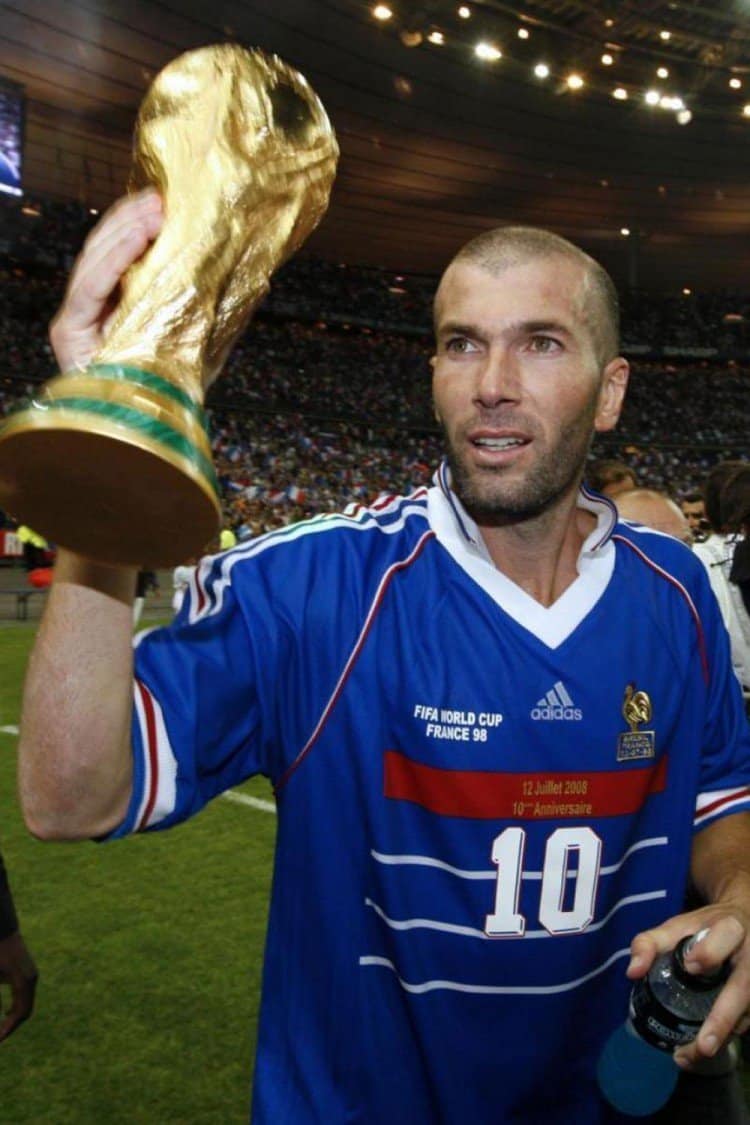
Despite an iconic club career, Zidane’s incredible journey with the French national team is arguably what he is most remembered for. He debuted in 1994, scoring twice as a substitute against the Czech Republic to overturn a 2–0 deficit. Zidane became France’s playmaker after Eric Cantona’s suspension, but his breakout on the global stage came at the 1998 World Cup.
Playing on home soil, Zidane guided France to its first-ever World Cup title. Despite a red card in the group stage, Zidane delivered two memorable headers in the final against Brazil, cementing his legacy. The victory turned Zidane into a national hero, with over a million fans celebrating on the Champs-Élysées.
Two years later, Zidane was instrumental in France’s Euro 2000 triumph, scoring crucial goals, including a golden goal against Portugal in the semi-finals. Named Player of the Tournament, Zidane was hailed as one of the game’s finest.
After a disappointing 2002 World Cup and Euro 2004, Zidane briefly retired from international football but returned to lead France to the 2006 World Cup final. His Panenka penalty and dominant displays earned him the Golden Ball, but his infamous headbutt on Italian defender Marco Materazzi in the final marked a controversial end to his footballing career.
Zidane retired as a national icon, embodying passion, brilliance, and complexity on football’s grandest stage.
Since retirement, Zidane has had two successful stints managing Real Madrid, winning three UEFA Champions Leagues and two La Liga titles.

